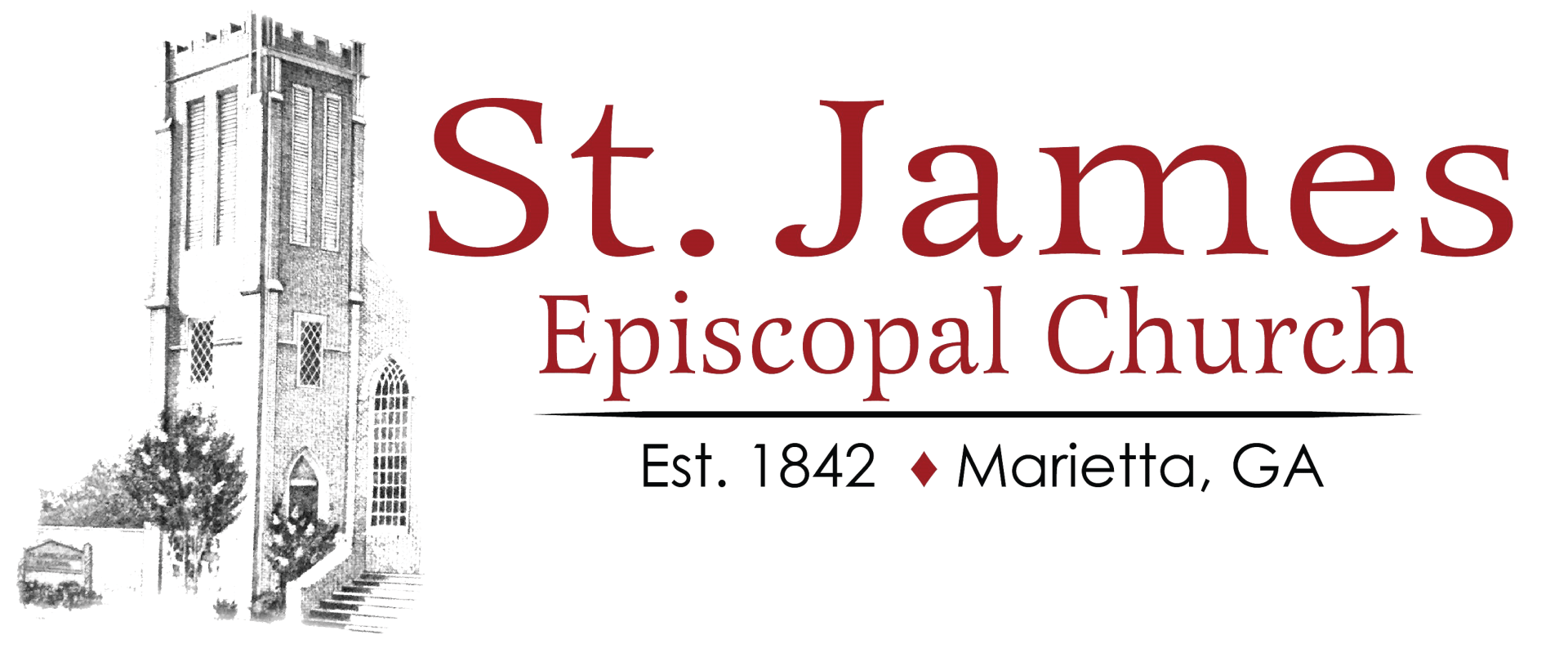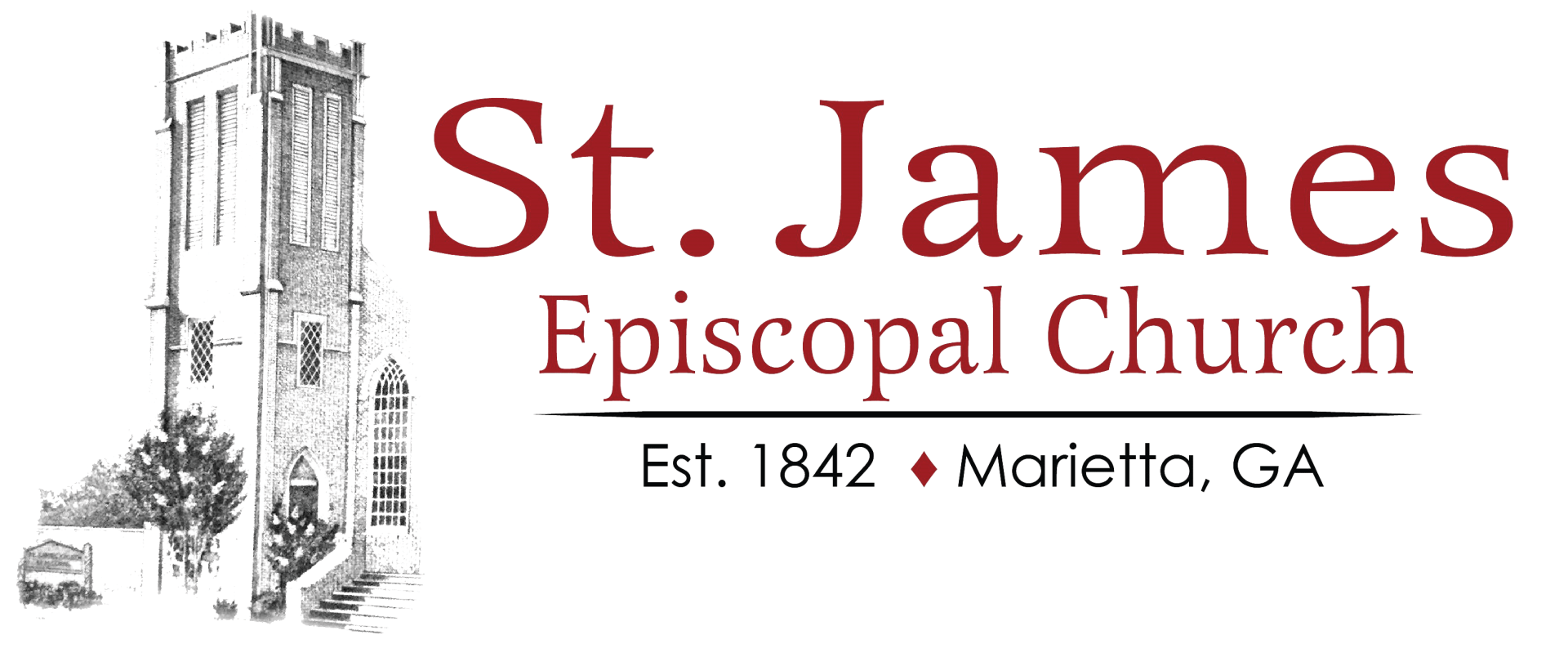Our Beliefs
Beliefs
The Episcopal Church is part of the worldwide Anglican Communion. We are a Christian church, which means first and foremost we believe in one God: God the Father, Jesus Christ our Lord and Savior, and the indwelling of the Holy Spirit. Our theology – our understanding of God at work in the world past, present, and future – is based on:
- Holy Scripture
- The tradition of the Church
- Our God-given ability to reason, to think.
The Holy Scriptures are the living Word of God, through which God still speaks to us today. The tradition of the church, the wisdom of those who have gone before us and the collective wisdom of the church over the centuries, guides our understanding and application of Holy Scripture. Our ability to reason, to think, is given to us by God to allow us to understand and grow our understanding of God with the help of the Holy Spirit who guides the Church in the true interpretation of the Scriptures
.
We accept the Apostles' and Nicene Creeds as the basic statements of the foundations of our faith tradition. We are part of the one, holy, catholic and apostolic Church –One because the Church is one Body in our Lord Jesus Christ; Holy because the church is set aside to be holy as God is holy and because the Holy Spirit dwells within and consecrates the Church and her members and guides the Church and her members to do God's work in the world; Catholic meaning universal because the Church proclaims one Faith to all people to the end of time; and Apostolic because it is from and through the apostles with the Holy Spirit that the Church receives and continues the teaching and fellowship of the apostles, accepts Christ's mandates and seeks to carry out Christ's mission to all people.
The following are basic beliefs and doctrines of The Episcopal Church
The Bible
"Blessed Lord, who caused all holy Scriptures to be written for our learning: Grant us so to hear them, read, mark, learn, and inwardly digest them." (The The Book of Common Prayer, p. 236).
The Bible, the Holy Scriptures of the Old and New Testaments, is our foundation, understood through tradition and reason. The Bible contains all things necessary for salvation. Our worship each day and on Sunday is filled with readings and references to Holy Scripture from beginning to end. At least 70% of the The Book of Common Prayer – our guide to worship and faith – is taken directly from the Bible, with the remaining portion being directions and instructions for daily and Sunday worship, and statements and explanations of faith. All things in The Book of Common Prayer are in conformity with Holy Scripture and basic orthodox Christian beliefs. Episcopalians read and study more Holy Scripture in Sunday worship than almost any other denomination in Christianity. (For a list of readings appointed for out worship services, see the Revised Common Lectionary of readings).
Christ Focused
"In him, you have brought us out of error into truth, out of sin into righteousness, out of death into life." (The The Book of Common Prayer, p. 368).
We are followers of Jesus Christ. Our worship and our mission are in Christ's name. In Jesus, we find that the nature of God is love, and through baptism, we share in God's love and Jesus' victory over sin and death.
Holy Baptism
"Holy Baptism is full initiation by water and the Holy Spirit into Christ's Body, the Church."
The Book of Common Prayer, p. 298).
Christ commanded: "Go therefore and make disciples of al the nations, baptizing them in the name of the Father and of the Son and of the Holy Spirit, and teaching them to obey everything that I have commanded you." Matthew 28:19-20. In the waters of baptism, by the action of the Holy Spirit, we are joined with Christ in his death and resurrection; we are adopted as God's children; we are made members of Christ's body on this earth, the Church; we are given the promise of forgiveness of sin and eternal life with God; and we receive new life in and through the Holy Spirit. We enter and become part of an extended family, one with Christians throughout the ages and across the world, what we call the "one, holy, catholic [meaning 'universal'], and apostolic Church." The Rite of Holy Baptism can be found on pages 297-308 ofThe Book of Common Prayer, and a further explanation of Holy Baptism is in the Outline of Faith at pages 858-859 in The Book of Common Prayer.
The Baptismal Covenant
"Do you reaffirm your renunciation of evil and renew your commitment to Jesus Christ?"
(The Book of Common Prayer, p. 292).
At baptisms and on Easter and other special occasions, the Baptismal Covenant opens with a question-and-answer version of the statement of faith that is the Apostles' Creed. In addition to affirming our belief as Christians in God the Father, God the Son Jesus Christ and God the Holy Spirit, the Baptismal Covenant includes five questions regarding how we, as Christians, are called to live out our faith. The Baptismal Covenant is on pages 304-305 ofThe Book of Common Prayer.
The Holy Communion, The Holy Eucharist
"We thank you ... for assuring us in these holy mysteries that we are living members of the Body of your Son, and heirs of your eternal kingdom." (The Book of Common Prayer, p. 366).
On the night before he died for us, our Lord Jesus Christ took bread and took wine and he commanded: take, eat, drink, do this in remembrance. The Holy Eucharist (which literally means holy "thanksgiving") is also called Holy Communion, The Mass, The Divine Liturgy, The Great Offering, and The Lord's Supper. It is a prayer of thanksgiving of all members of the church and also a sacrament, a holy action, and sign, commanded by Christ first to the apostles and through the apostles to the Church for the continual remembrance of Christ's life, death, and resurrection, until his coming again. It is the way in which the Holy Spirit makes the sacrifice of Christ present for us and which unites us to his one offering of himself. This sacrament must be ministered with "unfailing use of Christ's words of institution and of the elements ordained by Him." This means the liturgy must not vary from Christ's words and that bread and wine must be used.
Episcopalians believe that Christ really is present in the bread and wine sanctified by and through the Holy Spirit (though we do not try to explain what is impossible to explain: this mystery of faith.) We come to Holy Communion praying not only for solace, but for strength, not only for pardon but for renewal, that we may be one with Christ, one body, and spirit, and that we may worthily serve the world in His name. Through Holy Communion with Christ, we receive the allowance of forgiveness of sins, strengthening of our union with Christ and with one another and a foretaste of the heavenly banquet. To come to Holy Eucharist, it is required that we examine our lives, repent of sin, and be in love and charity with all people.
The sacrament of Holy Eucharist is for those who have been baptized, who through the waters of baptism have been joined with Christ in his death and resurrection and made members of God's extended family that is the Church. As St. Paul wrote: all persons should prepare themselves carefully before eating of the Bread and drinking of the Cup, "for as the benefit is great, if with penitent hearts and living faith we receive the holy Sacrament, so is the danger great if we receive it improperly, not recognizing the Lord's Body." (From an Exhortation, The Book of Common Prayer, page 316.) All baptized Christians, baptized in the name of the Father, Son, and Holy Spirit, no matter the church or denomination are invited and encouraged to receive the bread and wine, and be in communion with God and each other, in the Episcopal Church.
The Sacraments
"Sacraments are outward and visible signs of inward and spiritual grace, given by Christ as sure and certain means by which we receive that grace."
(The Book of Common Prayer, p. 857).
God's grace is God's favor towards us. We do not merit God's grace, cannot earn it and do not deserve it, but God gives us the gift of God's love, forgiveness, guidance, comfort, and strength. The sacraments are given to us by Christ as "sure and certain means" by which we receive God's grace. A good question to ask if one questions the sacraments, is: why take a chance when we are given by and through Christ, "sure and certain means" to God's grace?
In addition to the two great sacraments of the Gospels, Holy Baptism, and Holy Eucharist, the church recognizes other sacraments as spiritual markers in our journey of faith.
These include:
- Confirmation (the adult affirmation of our baptismal vows)
The Book of Common Prayer pp. 413-419
- Reconciliation of a Penitent (private confession)
The Book of Common Prayer pp. 447-452
- Holy Matrimony (Christian marriage)
The Book of Common Prayer pp. 422-438
- Holy Orders (ordination to deacon, priest, or bishop)
The Book of Common Prayer pp. 510-555
- Unction (anointing with oil those who are sick or dying)
The Book of Common Prayer pp. 453-467
These sacraments are part of our worship of God and help us to be a sacramental people, seeing and experiencing God always at work around us. For God said: "Be holy for I the Lord your God am holy." Leviticus 19:2
The Creeds
"The Creeds are statements of our basic beliefs about God."
(The Book of Common Prayer, p. 851).
We always have questions. In the two foundational statements of our faith – the Apostles' Creed used at baptism, and the Nicene Creed used at communion – we join Christians throughout the ages in affirming our faith in the one God who created us, redeemed us, and sanctifies us. In the Creeds, we state and affirm our understanding of the basic aspects of our faith. The Creeds are recited daily at Morning Prayer and Evening Prayer and at Holy Eucharist on Sundays and major feast days. The Creeds may be found at pages 53, 66, 96, 120, 326-327, 358-359, 519, 529, and 541 of The Book of Common Prayer.

